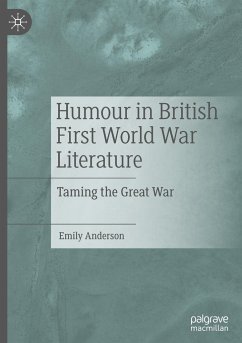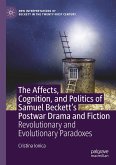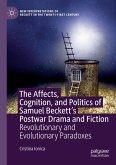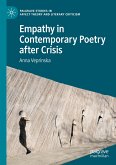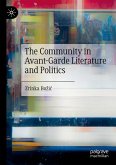This book explores how humorous depictions of the Great War worked to familiarise, domesticate, and tame the conflict. While well-known examples of First World War literature often emphasize enormous emotional disruption and the war's extremes, other writers used humour to encourage a gentle, mild amusement, drawing on familiar, popular genres and forms used before 1914. In humorous portrayals of the war, tameness outdoes the unmanageable and the temperate exceeds the extraordinary. Humour in British First World War Literature is based on little-known primary material uncovered from detailed archival research, as well as works that, though written by celebrated authors, tend not to be placed in the canon of Great War literature. Each chapter examines key examples of literary texts, ranging from short stories and poetry to theatre and periodicals, in doing so investigating the complex representational, political, and social significance of the tame strand in humorous Great War literature.

